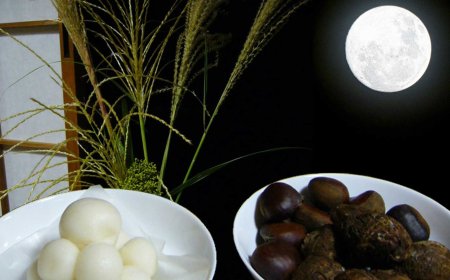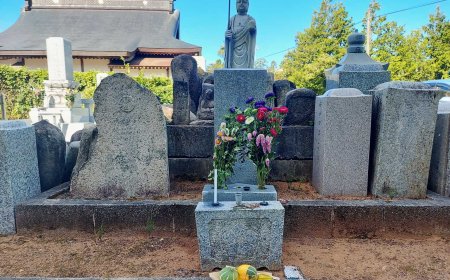Midsummer Day of the Ox
The ancient Japanese tradition of 土用の丑の日 - The Day of the Ox in the Midsummer. The significance of grilled eel consumption, its health benefits, and its cultural importance in Japanese society.
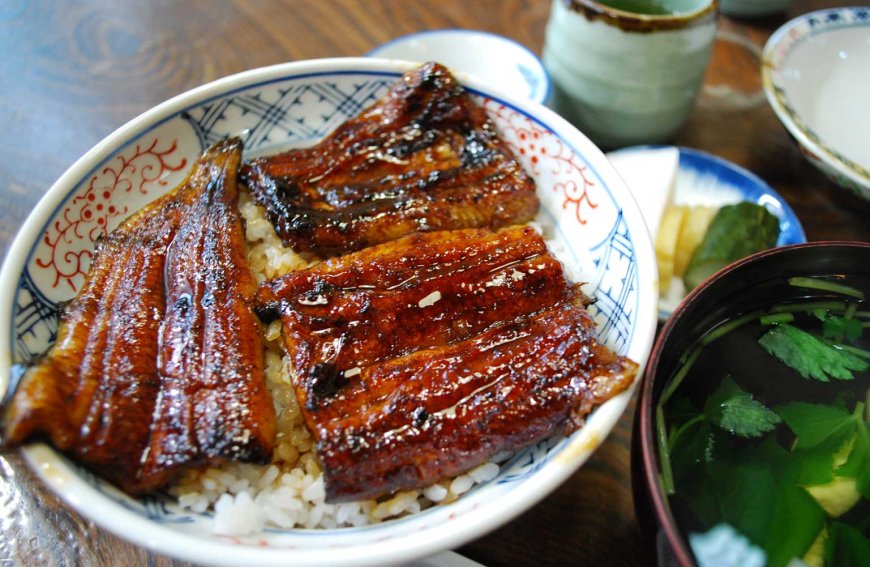
The Day of the Ox in the Midsummer
Japan is a country with ancient traditions and customs, many of which revolve around the changing seasons and the connection with nature. One such fascinating tradition is 土用の丑の日 (Doyou no Ushi no Hi), a unique observance that takes place on specific days during the summer months. Rooted in ancient agricultural practices and folklore, this tradition holds great significance in Japanese culture. In this article, we delve into the history, rituals, and cultural importance of 土用の丑の日.
土用の丑の日 translates to "The Day of the Ox in the Midsummer." It falls on one of the four specific days during the summer season, which is calculated based on the lunar calendar. These days are referred to as 土用 (Doyou) and mark the 18th day, the 36th day, the 54th day, and the 72nd day before the autumnal equinox. Among these, the day that draws the most attention and celebration is the 72nd day, which typically occurs around late July or early August.
Find Japanese Tea Products on Amazon
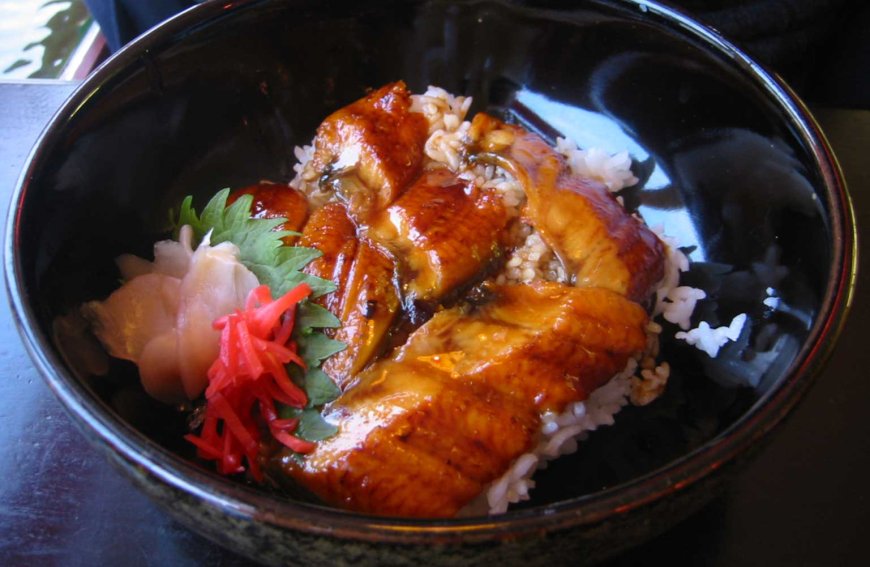
The day of the ox has its roots in ancient agricultural practices. Historically, Japan was predominantly an agricultural society, and people closely relied on nature's rhythm for their livelihood. The ox, symbolizing hard work, strength, and prosperity, was an essential asset in the fields. To ensure a bountiful harvest and the well-being of their oxen, farmers embraced rituals and practices associated with the ox during these specific days of the year.
Find Japanese Tea Products on Amazon
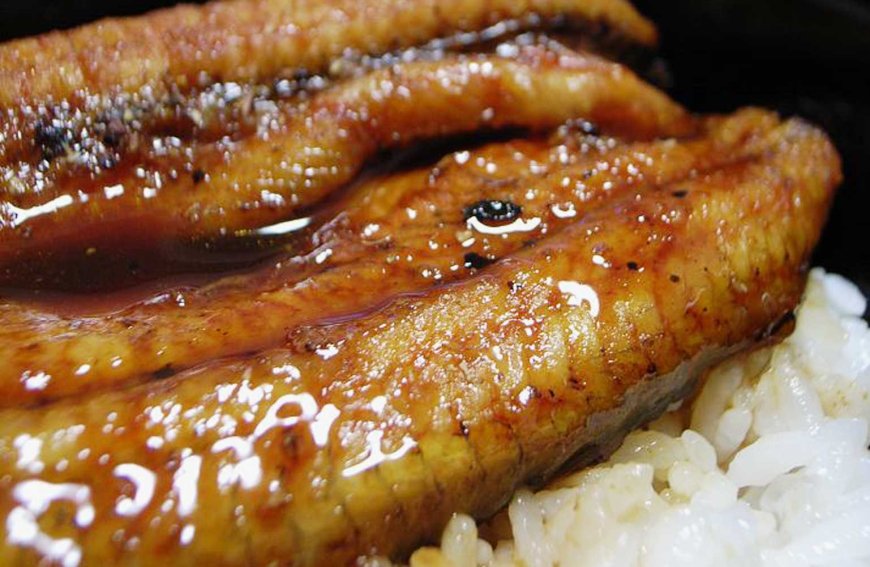
Cultural Significance
One of the most prominent customs on 土用の丑の日 is the consumption of grilled eel, known as うなぎ (Unagi) in Japanese. This tradition has been ingrained in Japanese culture for centuries. The practice of eating eel on these days is believed to have started during the Edo period (1603-1868), and it has continued to be an enduring culinary tradition.
Find Japanese Tea Products on Amazon
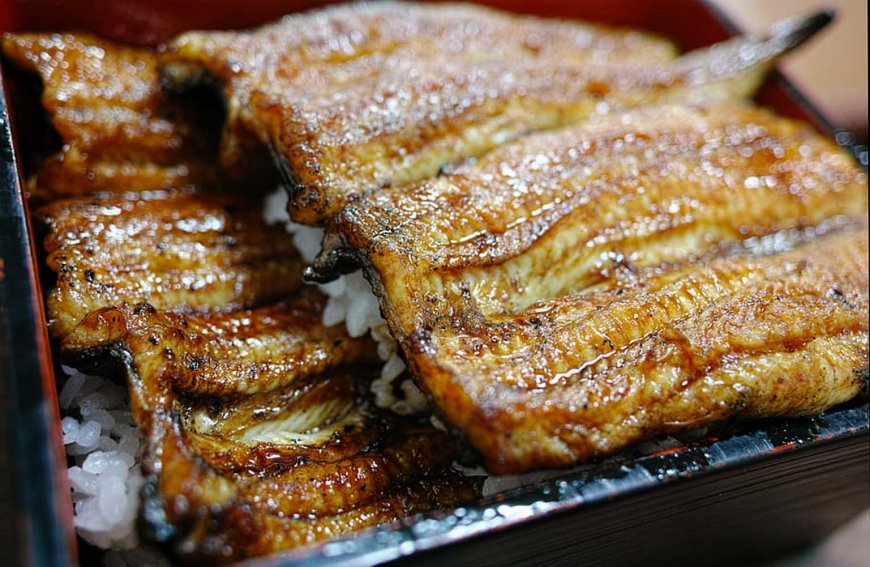
Eating eel is thought to provide strength and stamina during the sweltering summer days. Eel is rich in vitamins and essential nutrients, making it an excellent source of energy for physical endurance. Additionally, the Japanese word for eel, うなぎ, is associated with "unagi no nerimono," which means "foods that help resist the heat."
Find Japanese Tea Products on Amazon
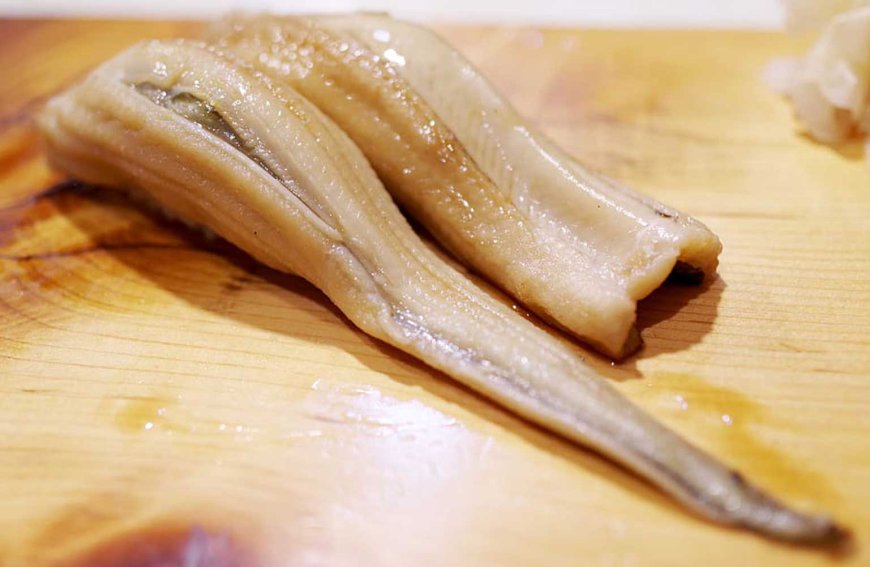
In addition to its nutritional benefits, eating eel on 土用の丑の日 is also believed to bring good luck, health, and longevity. According to traditional Japanese medicine, the summer season is associated with the fire element, which can cause imbalances in the body, leading to ailments like fatigue and loss of appetite. Eating eel is believed to counteract these effects and restore balance, thus promoting good health and vitality.
Find Japanese Tea Products on Amazon
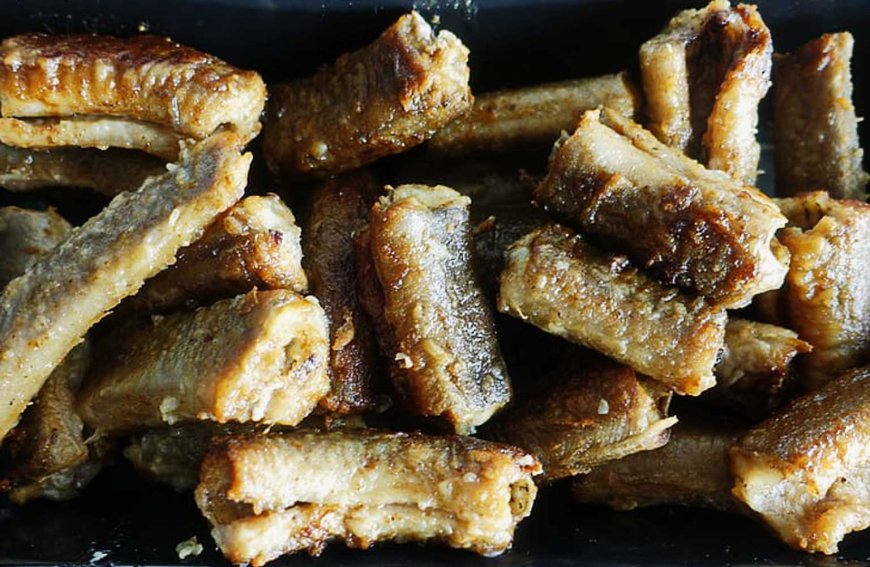
The observance of 土用の丑の日 reflects Japan's dedication to preserving its cultural heritage. Despite modernization and changing dietary habits, the tradition of eating eel on this day remains deeply ingrained in Japanese society. Families often come together to enjoy a meal of grilled eel and appreciate the significance of this cultural practice.
Find Japanese Tea Products on Amazon
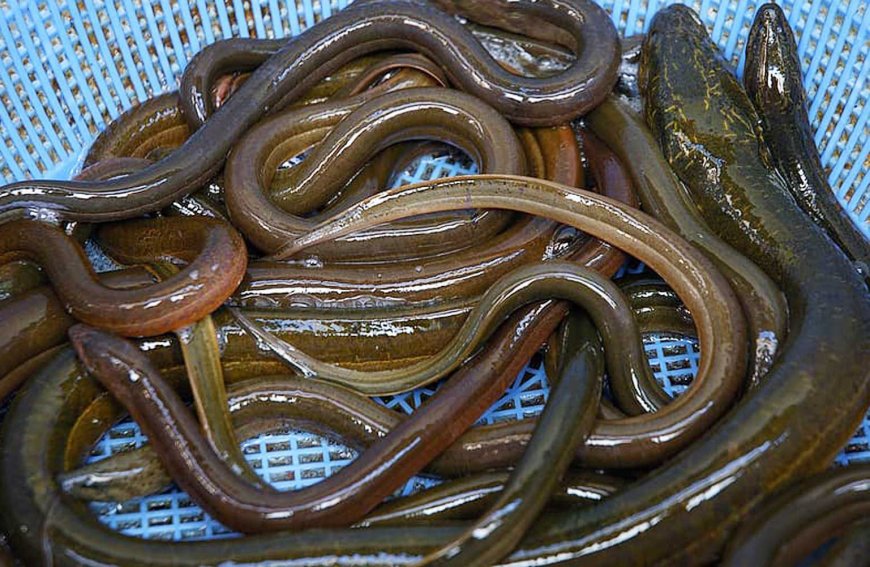
土用の丑の日 is a captivating tradition that showcases the Japanese reverence for nature, agricultural heritage, and the importance of preserving cultural customs. Through the centuries, this observance has evolved from an agricultural ritual into a symbol of strength, health, and communal bonding.
As visitors and tourists immerse themselves in Japanese culture, experiencing 土用の丑の日 can be an excellent opportunity to understand the deep connection between the Japanese people and their traditional customs. So, if you happen to be in Japan during late July or early August, do not miss the chance to join in the festivities, savor some delectable grilled eel, and embrace the spirit of 土用の丑の日.
Find Cheap Flight Tickets to any Destinations in Japan and the Philippines
Nipino.com is committed to providing you with accurate and genuine content. Let us know your opinion by clicking HERE.






















































